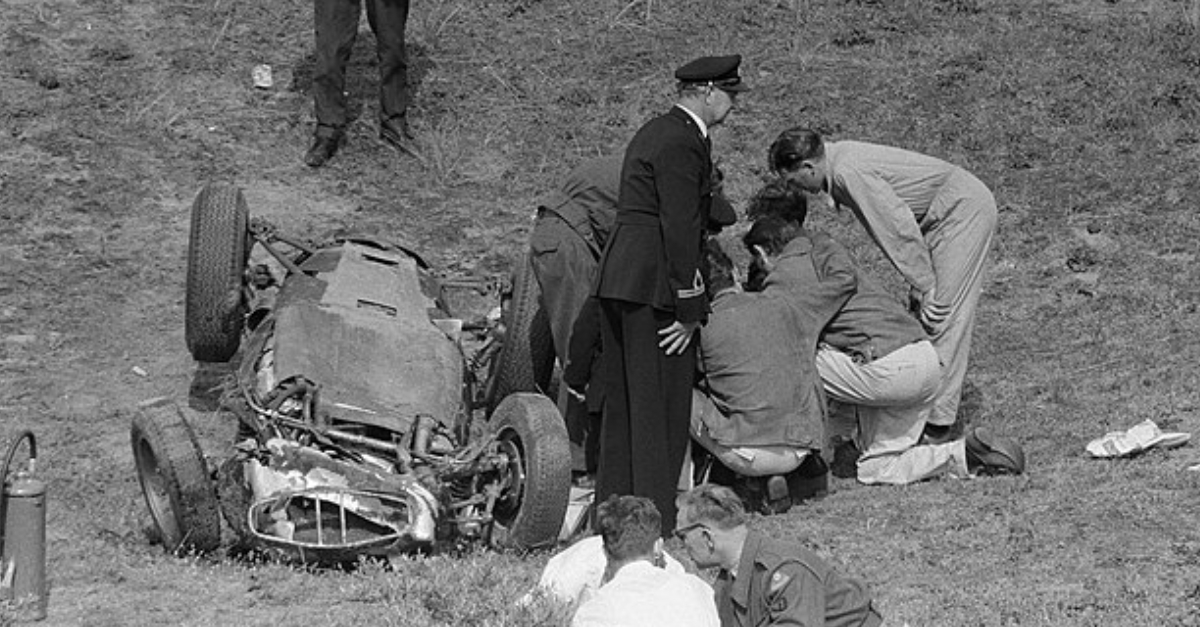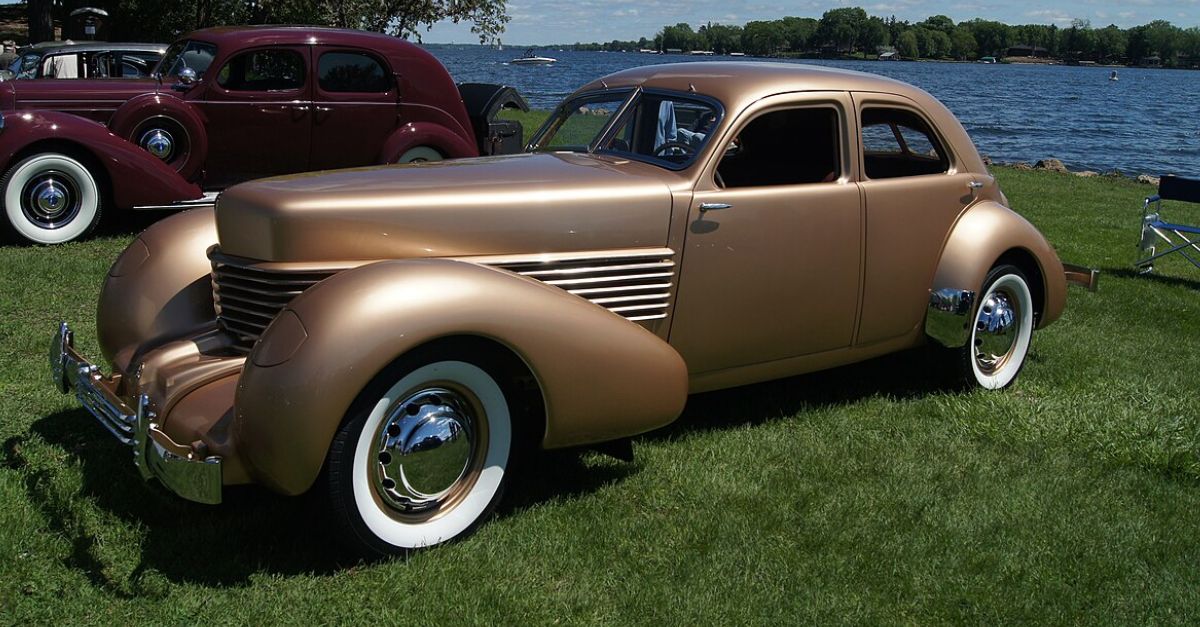It's always tempting to get a shiny new vehicle, but for many drivers, that's not an option. Lots of people are keeping trusted vehicles much longer. I bet a lot of you can guess why.
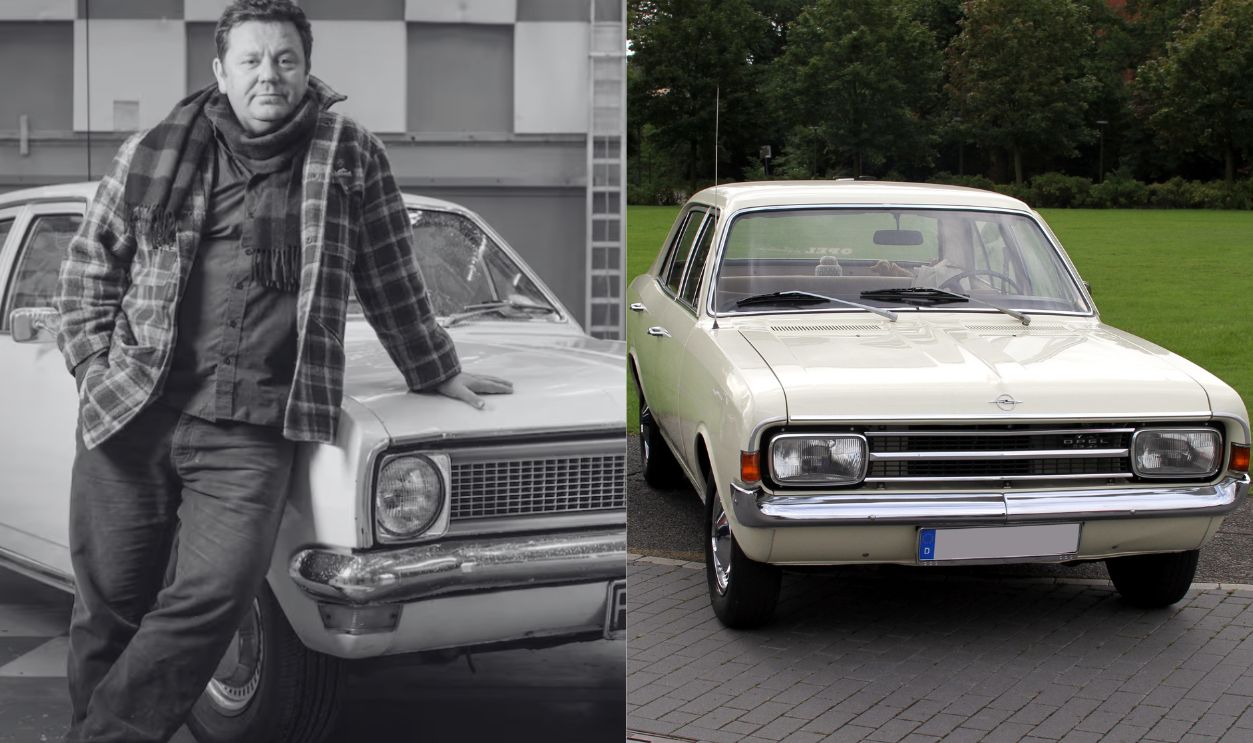
1. Average Age Of Cars In The US
The latest report from S&P Global Mobility shows the average age of passenger cars on US roads is 14 years. This number has been trending up for a while now. Can you guess why?
2. Sky-rocketing Prices Of New Cars
Predictably, the average price of new cars shot up during the Covid-19, which resulted in plummeting sales. Also, people had nowhere to go at that time. JD Power gives us the current figures: the average purchase price of a new car is $45,000.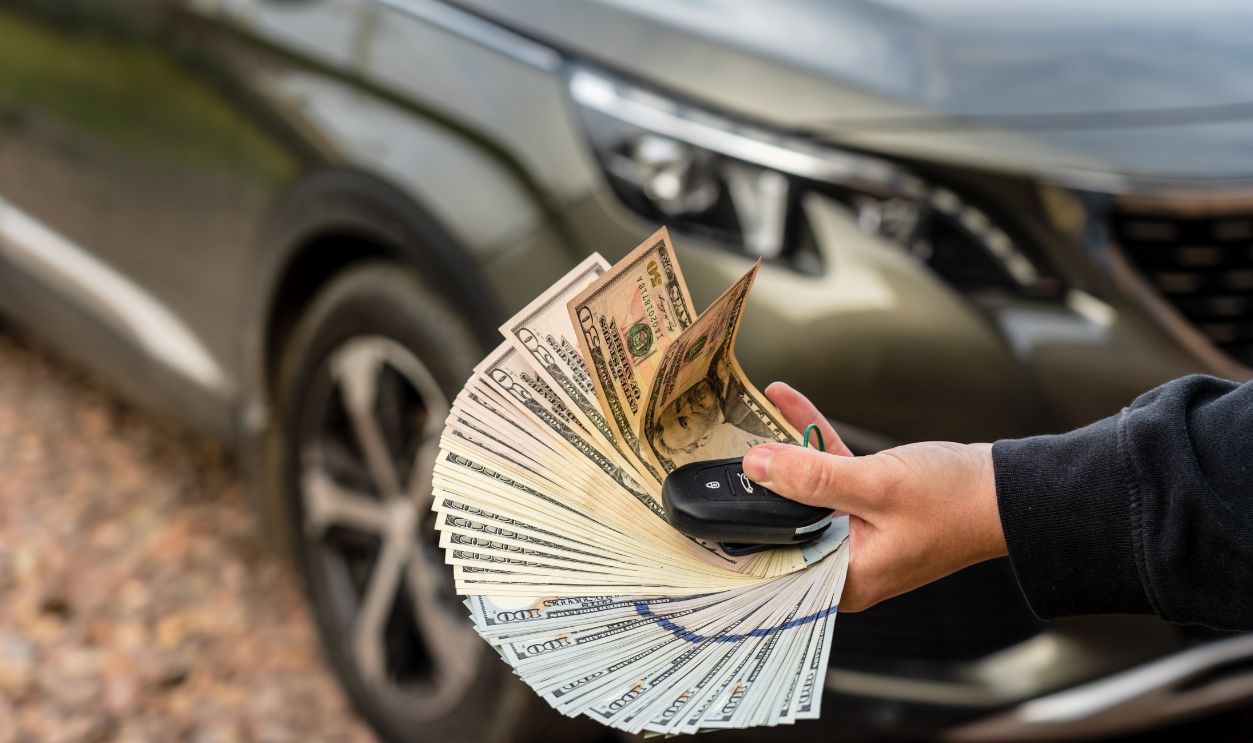
3. Household Income
In 2022, the household median income was only $74,580, as opposed to the soaring prices of new cars. This disparity between the two indexes is probably why most people have decided to stick with their old cars instead of buying new ones.
4. Depreciation Woes For New Cars
The second you drive your brand-new car out of the showroom, its value depreciates by up to 40%. Such is the harsh reality of car ownership. Worse, the value keeps dropping by 15–20% yearly for the first three years.
5. Depreciation Effect On Old Cars
As the car ages past the third to fourth-year mark, it depreciates slower. It eventually bottoms out until the car finds its final value. After ten years, you should be more worried about its resale value or the true worth of your car in cash.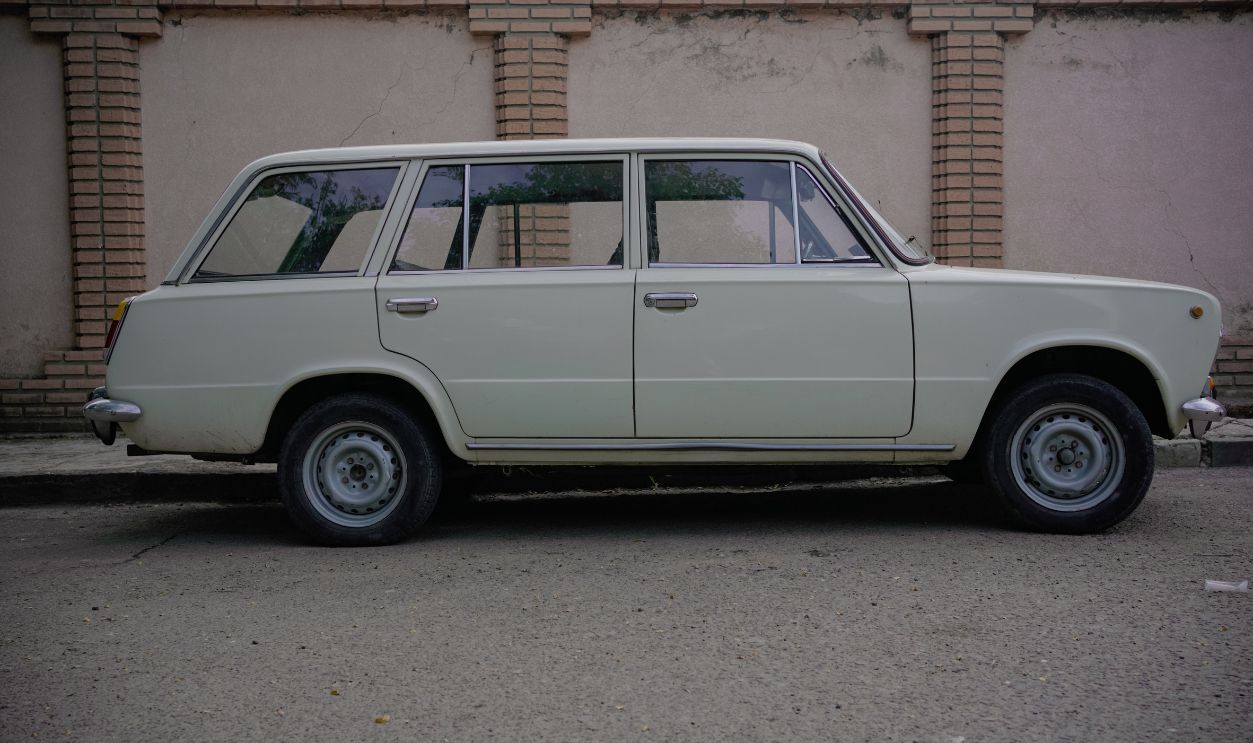
6. No More Monthly Payouts
A typical loan period for purchasing new cars lasts 6 to 7 years. By the 8th year, your car will be fully paid for, and you no longer need to allocate a monthly budget toward car loan payments.
7. Merits Of Familiarity
Who knows your car better than you do? It has seen you cry, laugh, and share precious moments with your family and friends. Likewise, you know its maintenance history, what works and what doesn't. You get a sense of peace from its familiar presence.
8. Lower Insurance Premiums
Whether it is minimum or full coverage, insurance premiums for new cars cost a lot. The good news is that the older the car, the less insurance costs since the premium amount is tied to its value.
9. The Insurance Drop
As your car ages, the insurance premium drops by 3.4% yearly, and an 8-year-old car costs 25% less to insure than a new one. At a point when your repair costs exceed the car's worth, you can drop collision coverage from the policy.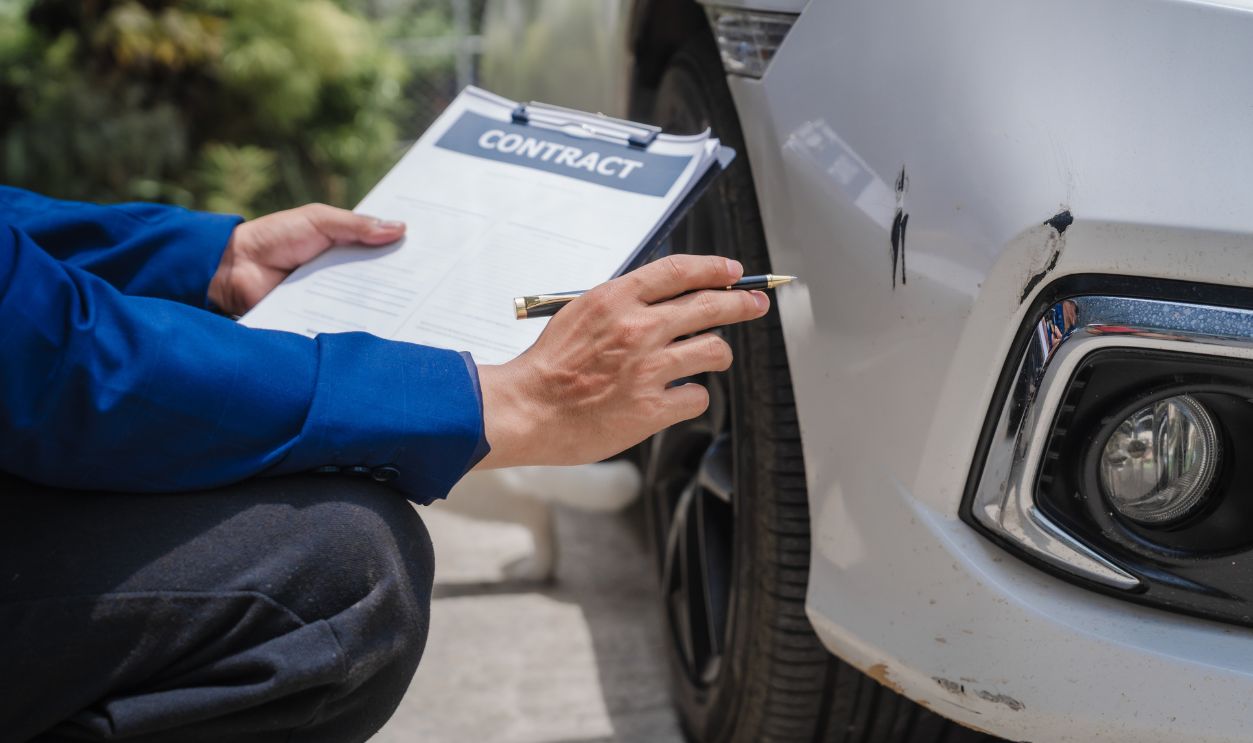
10. Modern Cars Built To Last Longer
Even those who have beef with the rapidly advancing technologies must agree with this one. The cars built in the last few years last longer. The improved fuel injection systems and electronic and synthetic oils extend the car's lifespan if maintained well.
11. Rising Interest Rates On New Car Loans
Let's get to the brass-tacks of household economics. No one wants to pay more monthly. The rising average interest rate on new car loans, now 12.77%, means extra bucks out of your pocket every month.
12. The Effect Of Lower Credit Scores
Suppose your credit scores are lower, and the interest rates on new car loans are higher. These costs escalate the overall purchase price of the car. On the other hand, if you continue to drive your old car, you avoid the hassle of paying through your nose.
13. Avoid Inflated Prices
There has been no stopping the upward surge of car prices since COVID-19. The cost of inflation is mainly due to the microchip shortages and supply-chain disruptions plaguing the industry. By sticking with your current vehicle, you avoid paying these steep prices.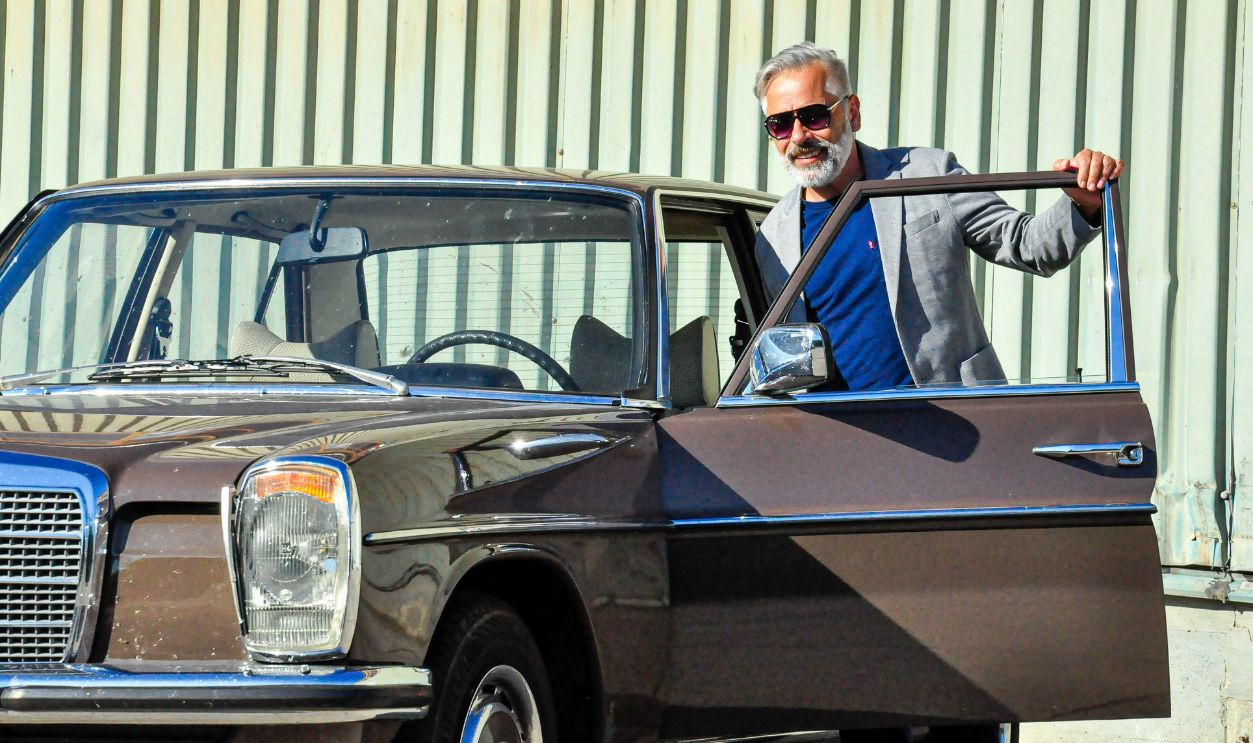
14. Decreased Carbon Emissions
Did you ever imagine that by extending the life of your car, you are contributing to our world's environmental health? The production of new cars negatively impacts our environment by generating high carbon emissions. Good on you for not buying a new car!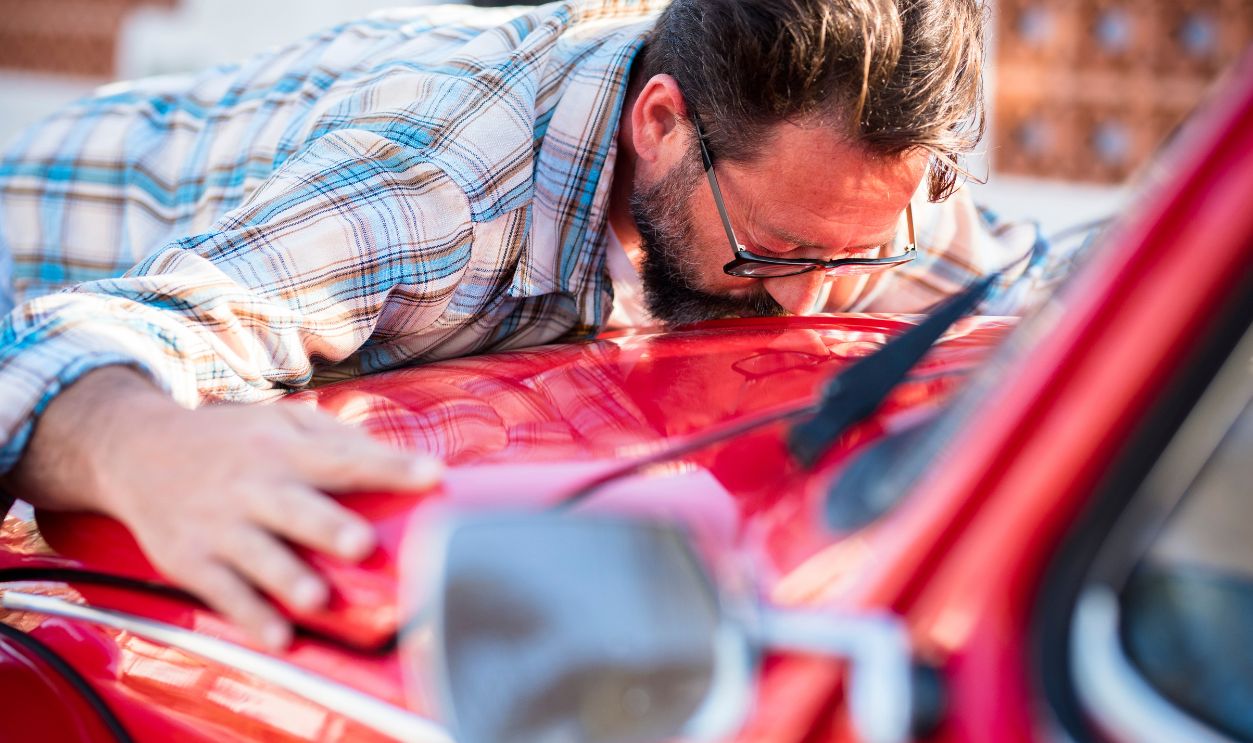
15. Readily Available Aftermarket Parts
Isn't the availability of replacement parts a primary concern for aging cars? Thankfully, unless they are supercars or rare models, components for older cars are readily available in the aftermarket. They are also affordable, which makes maintaining an old car more cost-effective.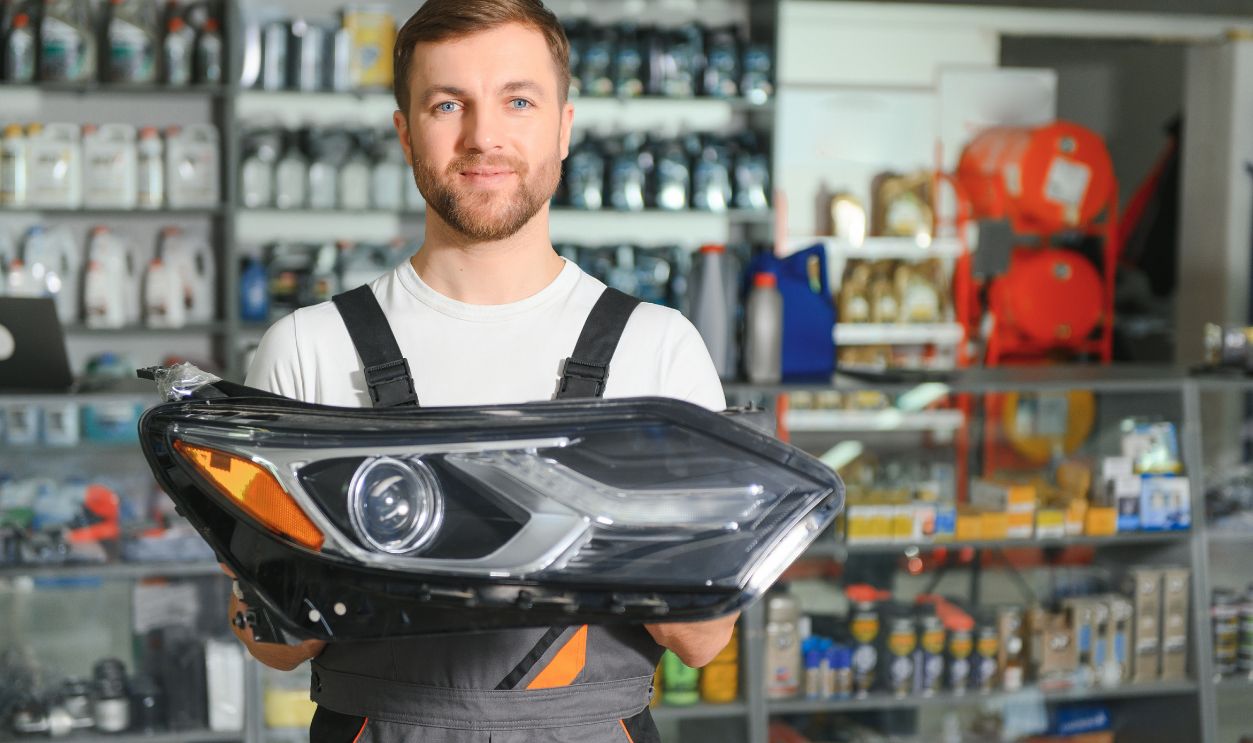
16. No Dealing With New Car Defects
What's more annoying than driving home to a brand-new car only to find a few defects? Recalls and manufacturing defects happen, and the buyer is left to deal with the aftermath. You can avoid this probability altogether.
17. Having To Adjust To A New Car
Long-term ownership has some sweet spots that are hard to give up. The comfort of driving a car you're used to is unmatched.
18. Upgrade To A Classic Car Status
At a certain point, longevity can become an asset. If you maintain a vehicle in pristine condition for decades, it can become a collector's item and increase in value.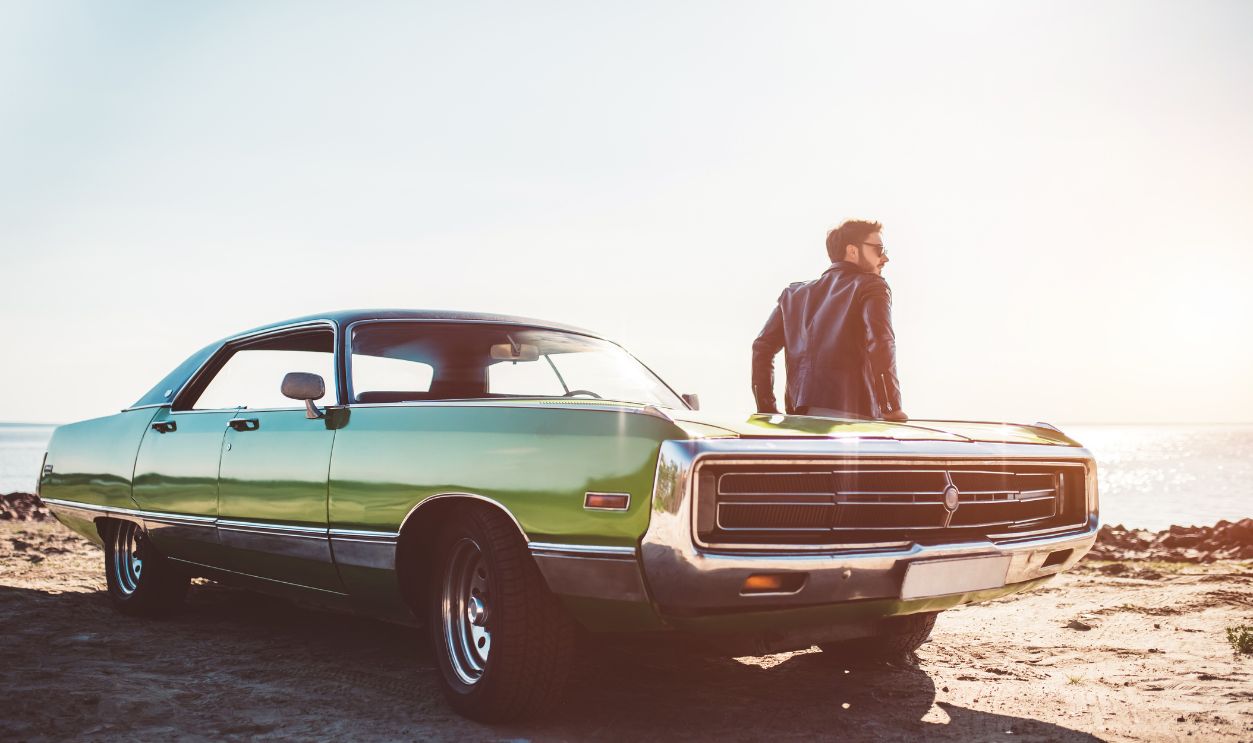
19. Upgrades Are Possible
Technological advancements have reached such a high level of proficiency that fitting them into old cars has become a breeze. Old car owners need not feel left out. Usually, ten-year-old cars can accommodate all essential tech upgrades.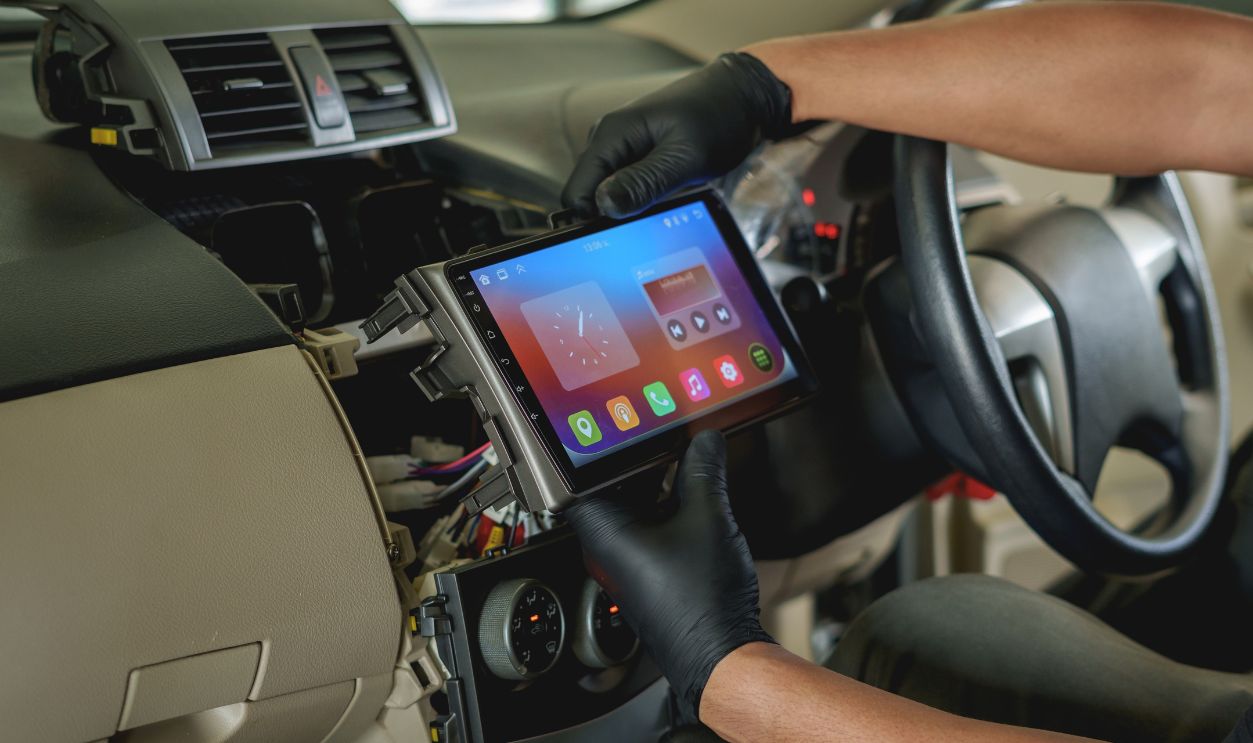
20. Add New Features In Old Vehicles
Backup cameras, navigation systems, and Bluetooth connectivity are new features that can be easily added to older models. For an extra cost, you can custom-fit these tech advancements into your old vehicle.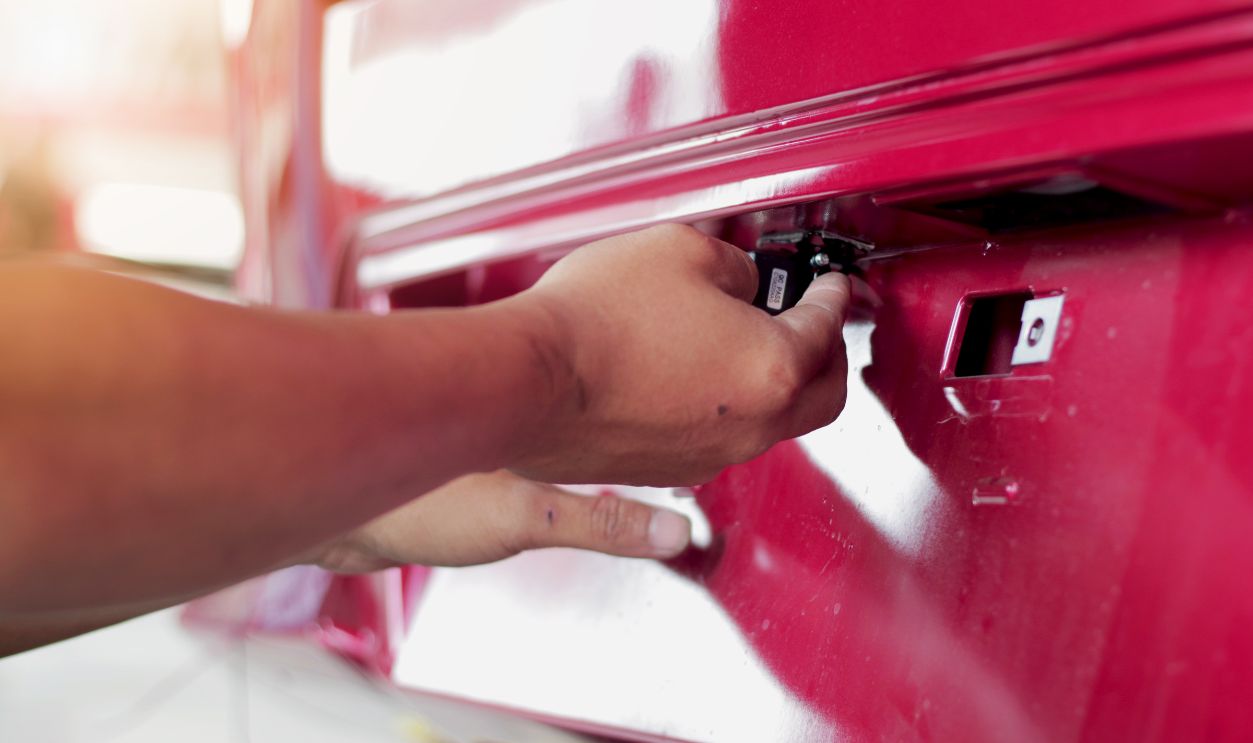
21. Your Badge Of Honor
Most people can purchase a new car every few years because you can rotate your loans every three years. Not everyone can have the honor of keeping an old car in top shape, so many car enthusiasts respect the oldies.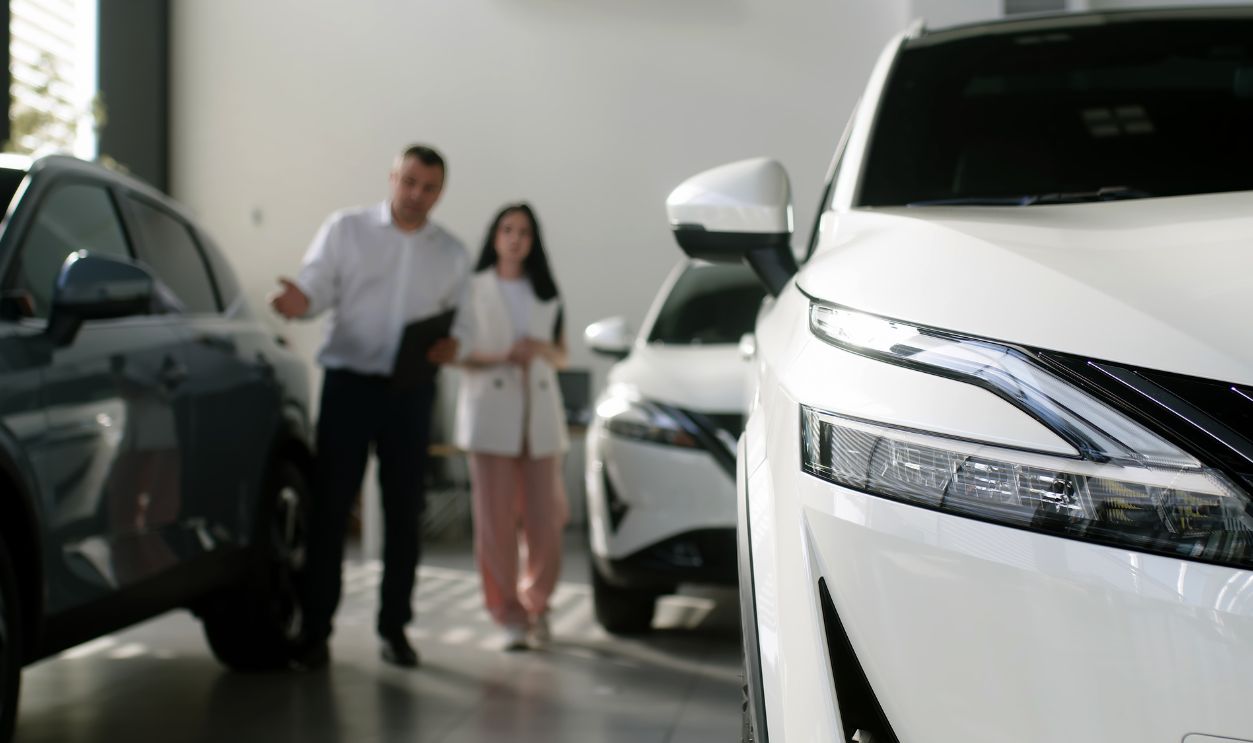
22. Buy A New Car With Cash
It might sound like a crazy idea, but hear us out. If you are devoted and passionate enough to run your car for as long as you can, say for 15 years or more, you can buy your next car entirely with cash. We'll explain how.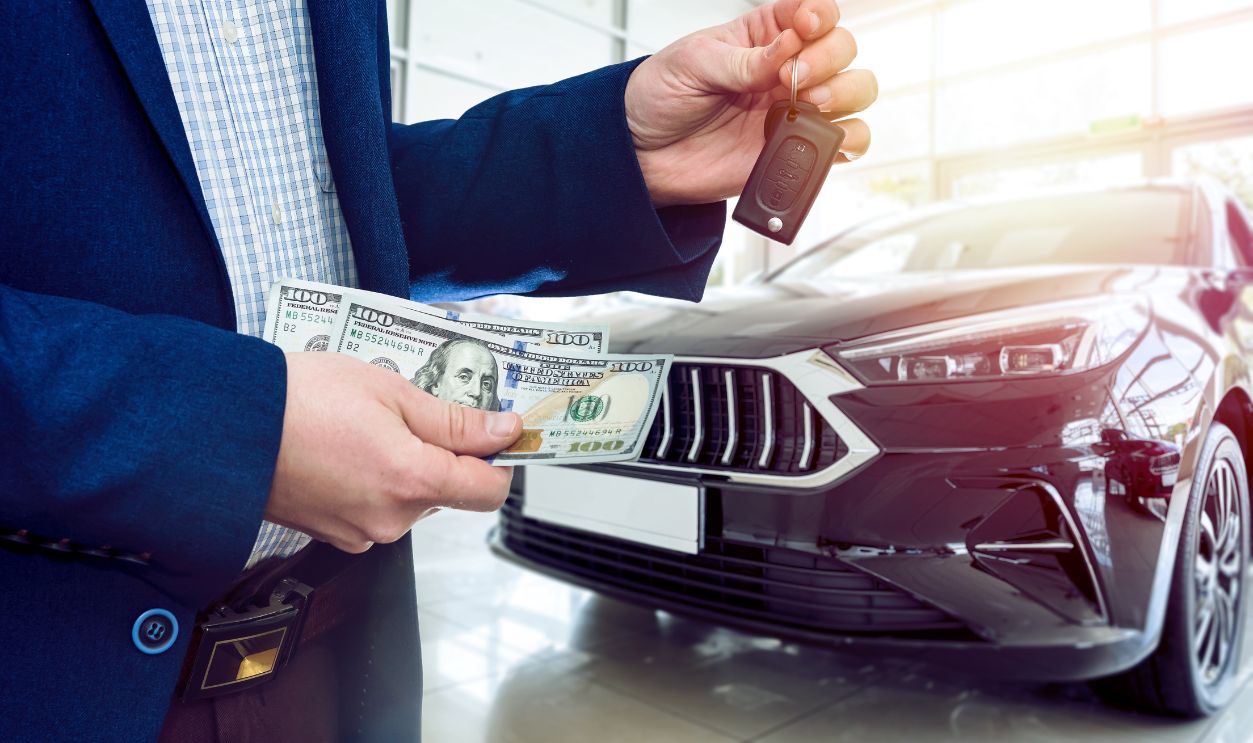
23. Avoid Car Loans
Once you have fully paid off your car in the first 7 or 8 years, funnel that payout into your savings account. In a few years, you could afford a new car with that accumulated cash and the interest it earned.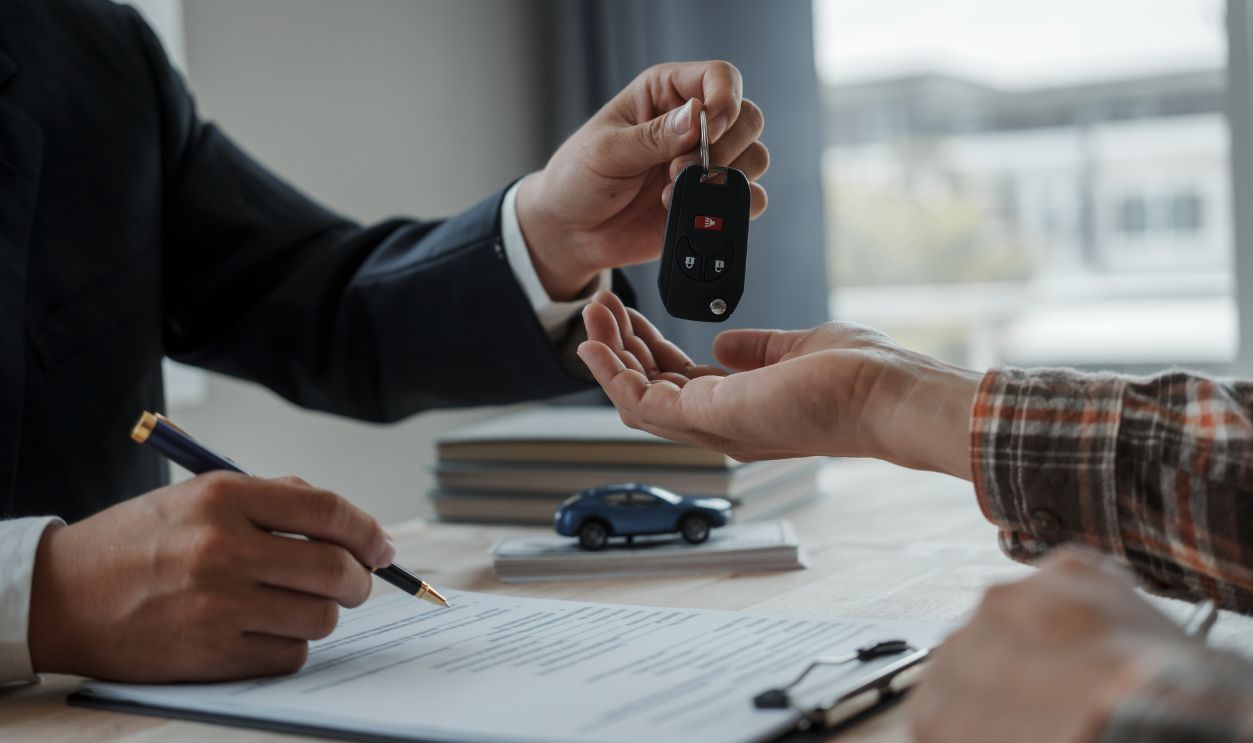
24. The Famous 50-Percent Rule
While in doubt, apply this rule of thumb when deciding whether to keep your car running past its prime. If the repairs cost more than half the car's current worth or resale value, consider getting a new one.
25. Another Rule Of Thumb
Calculate your yearly repair costs on your old car. Does it amount to more than 10% of the purchase price of your desired new car? The cost must include insurance premiums, loan interests, and other expenses. If it does, it's time to switch.
26. The Flip Sides
If you think the above sounds too good to be true, let us hit you with the flip side. Owning a car for over a decade has some serious concerns, too.
27. Wear And Tear
When your vehicle has conquered more than 100,000 miles, it will experience wear and tear. Certain parts might have worn out, and a few systems may be dragging their feet out of sheer loyalty.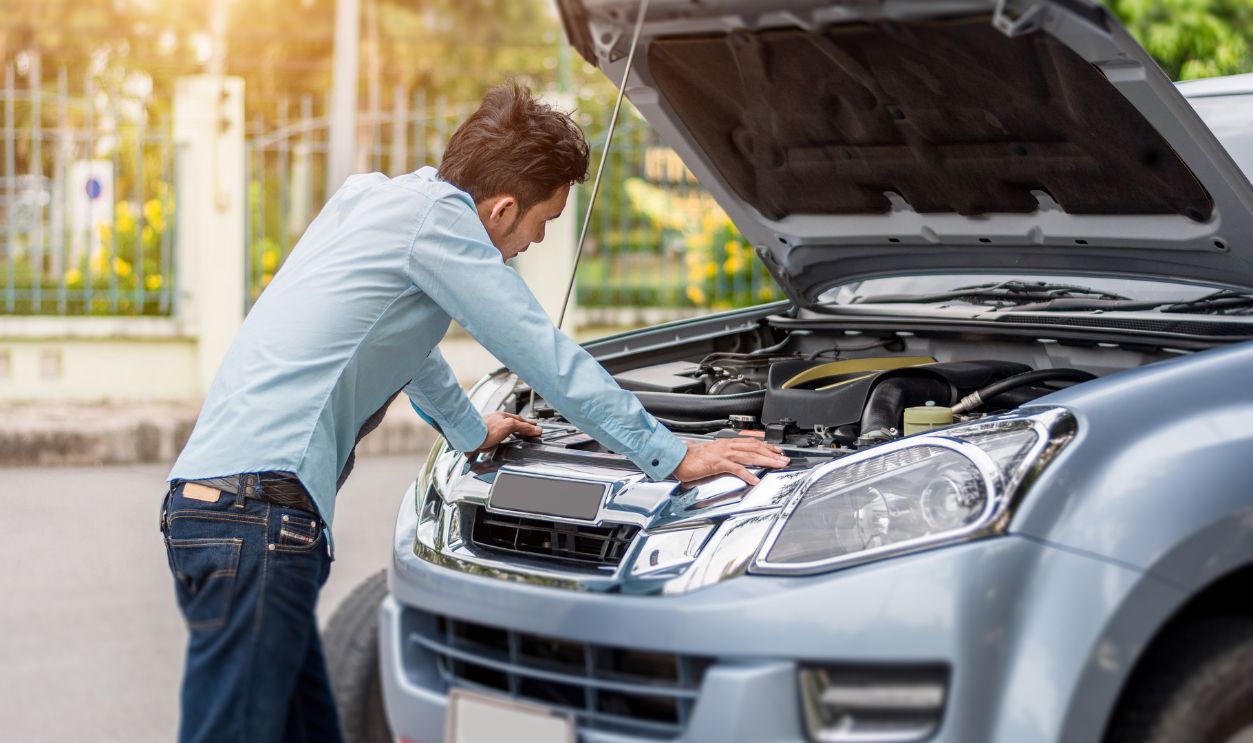
28. Mileage And Fuel Efficiency Issues
An aging car will be less fuel efficient, giving you less mileage per gallon of gasoline. Year after year, the issues will only compound, resulting in you shelling out more money to travel the same distance.
29. Increase In Maintenance Costs
Jokes apart, your vehicle's lackluster performance is a cry for extra regular maintenance and some emergencies. You know what that means? Yes, you'll have to spend more on maintenance costs every now and then.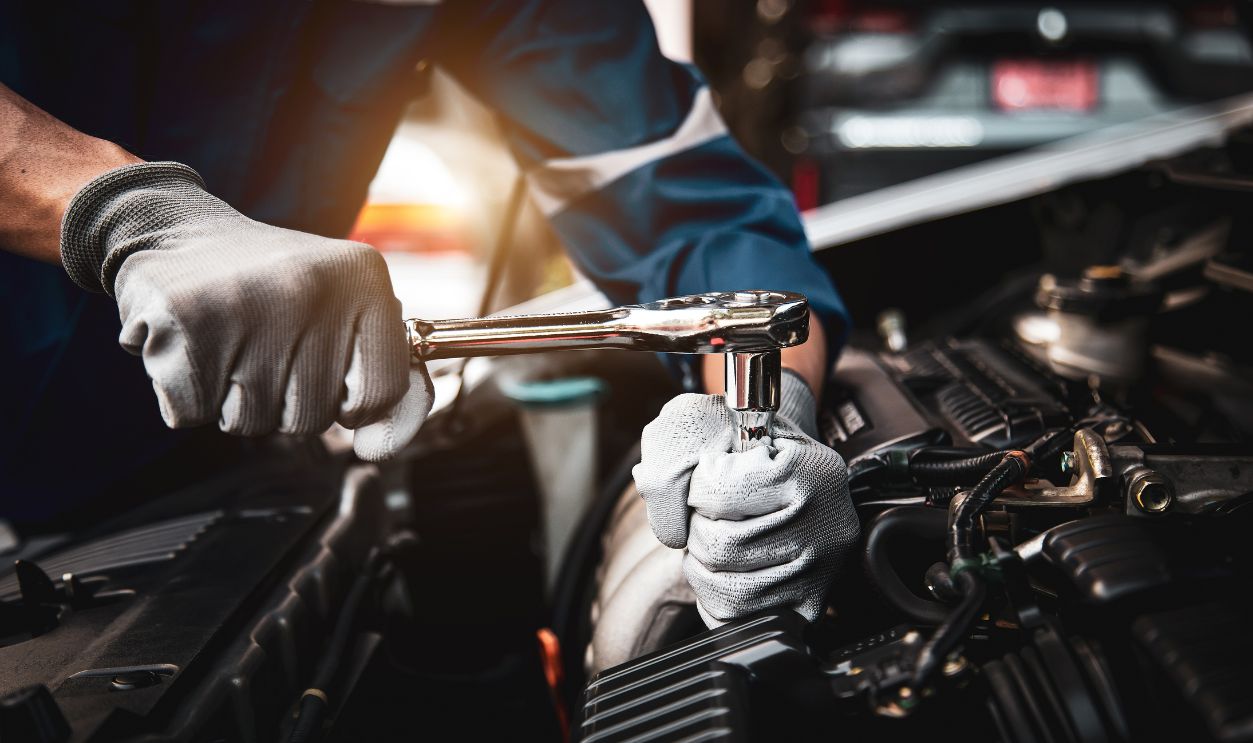
30. Calculate The Repair Costs
Let's do the math. Depending on your car's make, yearly maintenance costs for a decade-old car would be over $600. To calculate the exact figures, add your repair bill for the past two years and find your average monthly expenditure.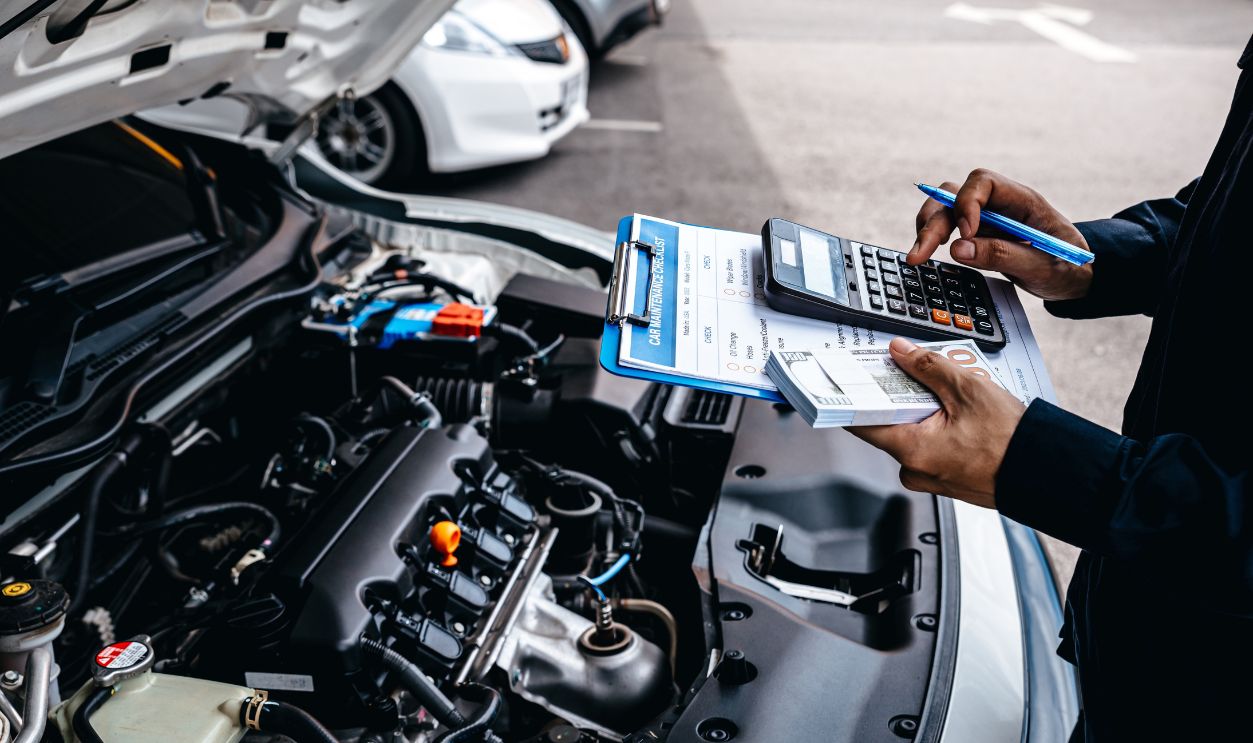
31. Reliable, You Say?
If the car has run its course, in the sense that it has driven you around for more than the years it has promised, then how reliable will it continue to be after a point? Aging cars can be inconvenient and costly at times.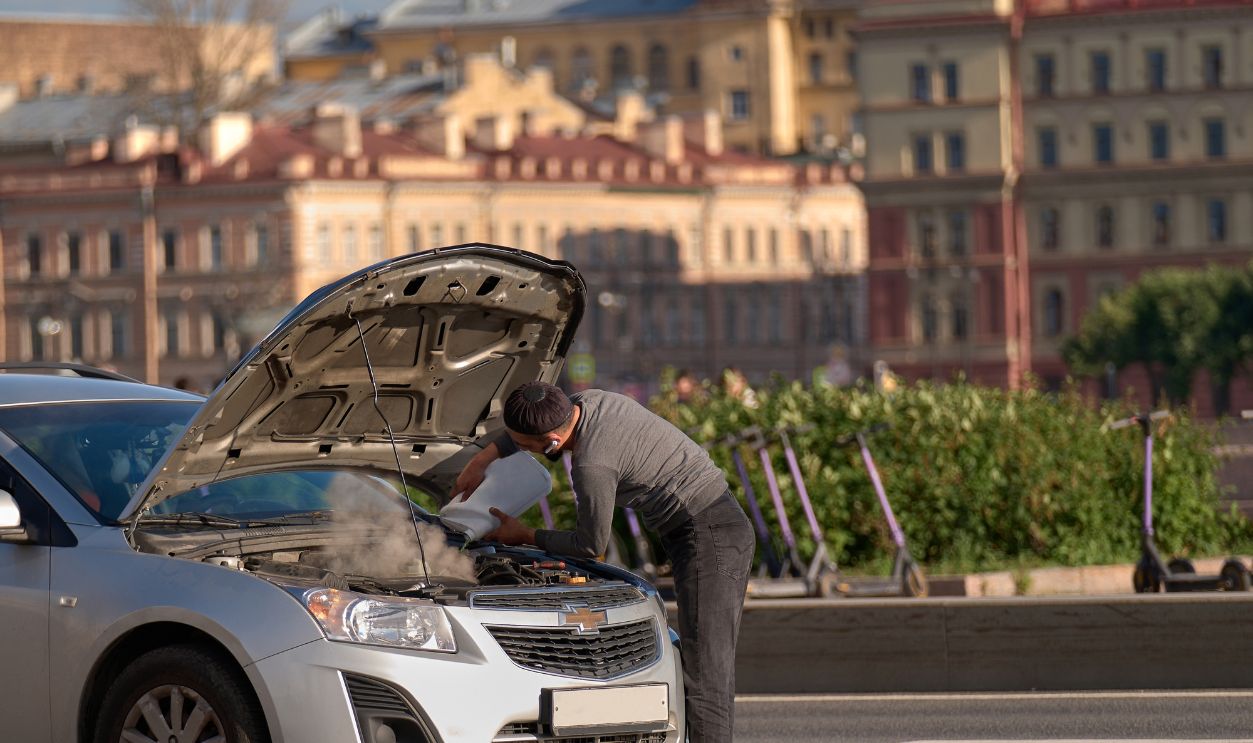
32. Major Components Fail
Imagine you've taken your car out for an important meeting, and it stops suddenly. It refuses to budge. Given its age, one of the significant components, the engine, has given up, or it could be a transmission failure.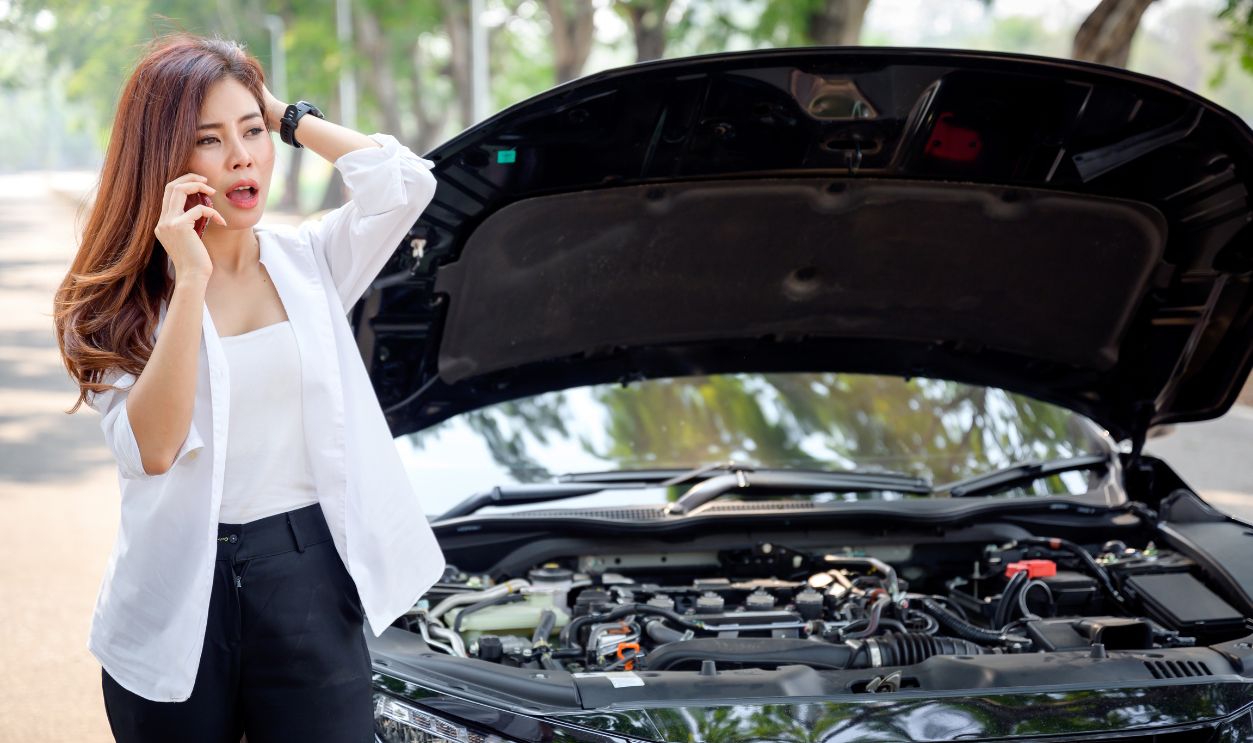
33. Must Budget For Emergency Expenses
After a decade of dedicated service from your precious car, all schedules go out of gear. Expect to run it to the repair shop at a moment's notice. In anticipation of such sudden breakdowns, you must budget wisely for this purpose alone.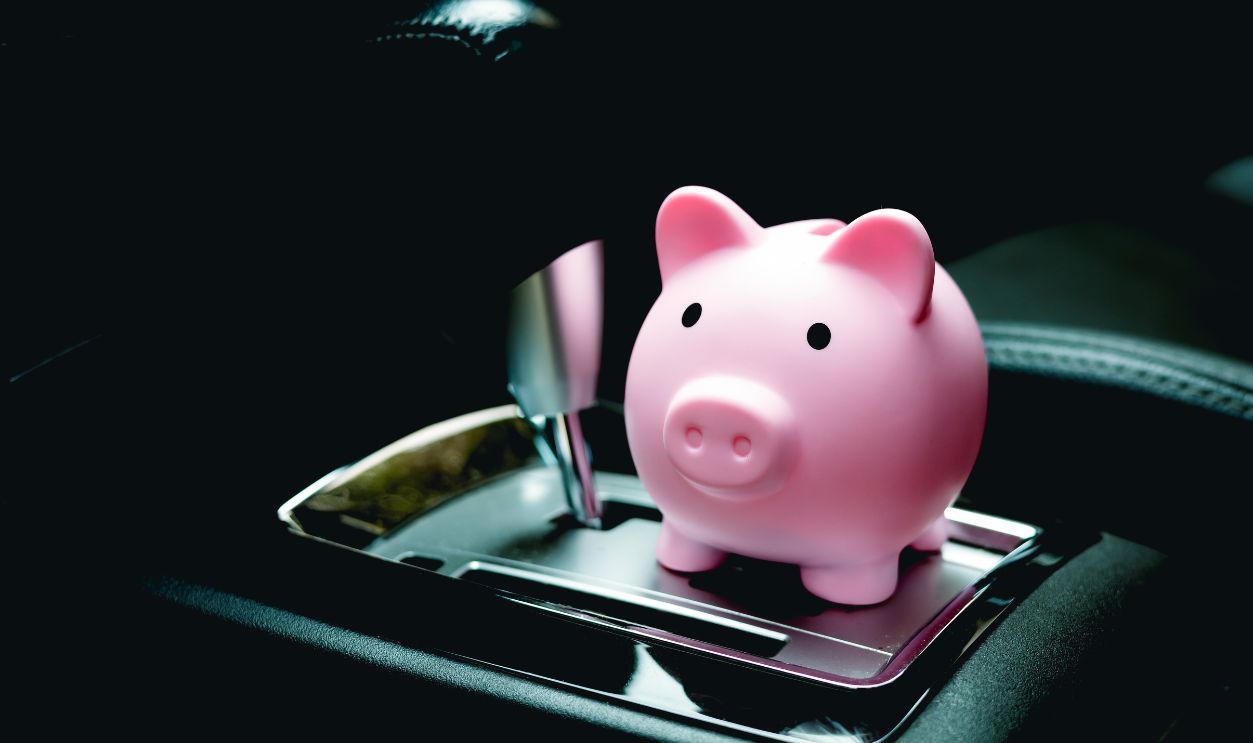
34. Absence Of Advanced Features In Older Models
It's normal for new cars to arrive with a few advanced features that your aged car might be ill-equipped to integrate unless compatible. The latest automobile tech, such as Advanced Driver-Assist Systems (ADAS), Automated Emergency Brakes, and wireless smartphone connectivity, can be costly additions.
35. Missing Out On Upcoming Tech
There is so much more on the horizon that you might miss out on if you insist on keeping your aging car. Biometric scanners, AR Head-Up Displays, V2X technology, solid-state batteries, and carbon capture are some of the most anticipated features.
36. Limited Access To New Technology
Do you want the latest model with advanced tech or a familiar old car? You can't have it both ways. No, we aren't saying you cannot upgrade, but there are particular features you cannot add to old models. Upgrades are possible only if your current car's CPU allows them.
37. Costly Infotainment Upgrades
Even if you are reluctant to use the word impossible and find a way to get that super cool infotainment upgrade in your old car, it might come at a steep cost. It usually involves adding extra data functions, updating apps, and bug fixes.
38. Out Of Manufacturer's Warranty Coverage Range
New cars have this blessing: the manufacturer's warranty lasts 5 to 7 years. From the 6th or 8th year onward, your aging car is on its own. You'll have to run it to the local repair shops, where every expense goes out of pocket.
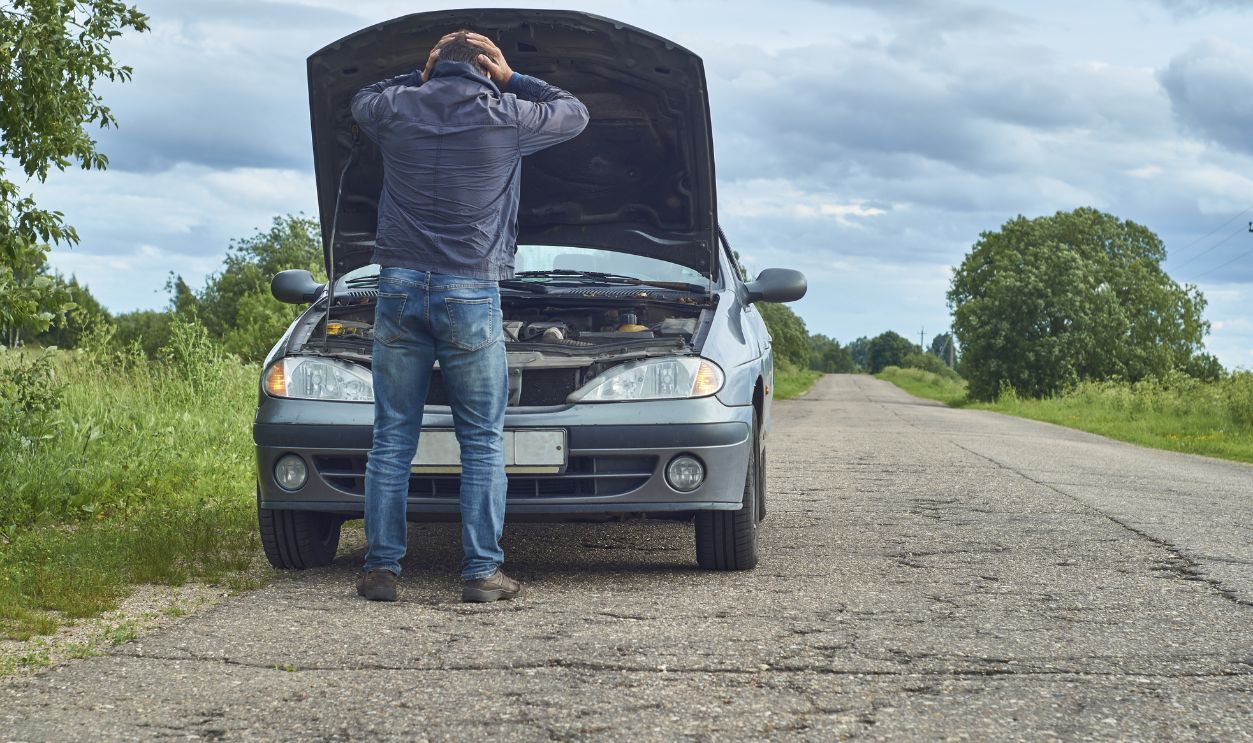
39. Safety First
Will you bet on your safety with your old car? Probably not. Aging cars don't have what the new ones have: side airbags, advanced ones, and the option of installing active safety technology. Even the best-maintained cars have breakdowns and accidents.
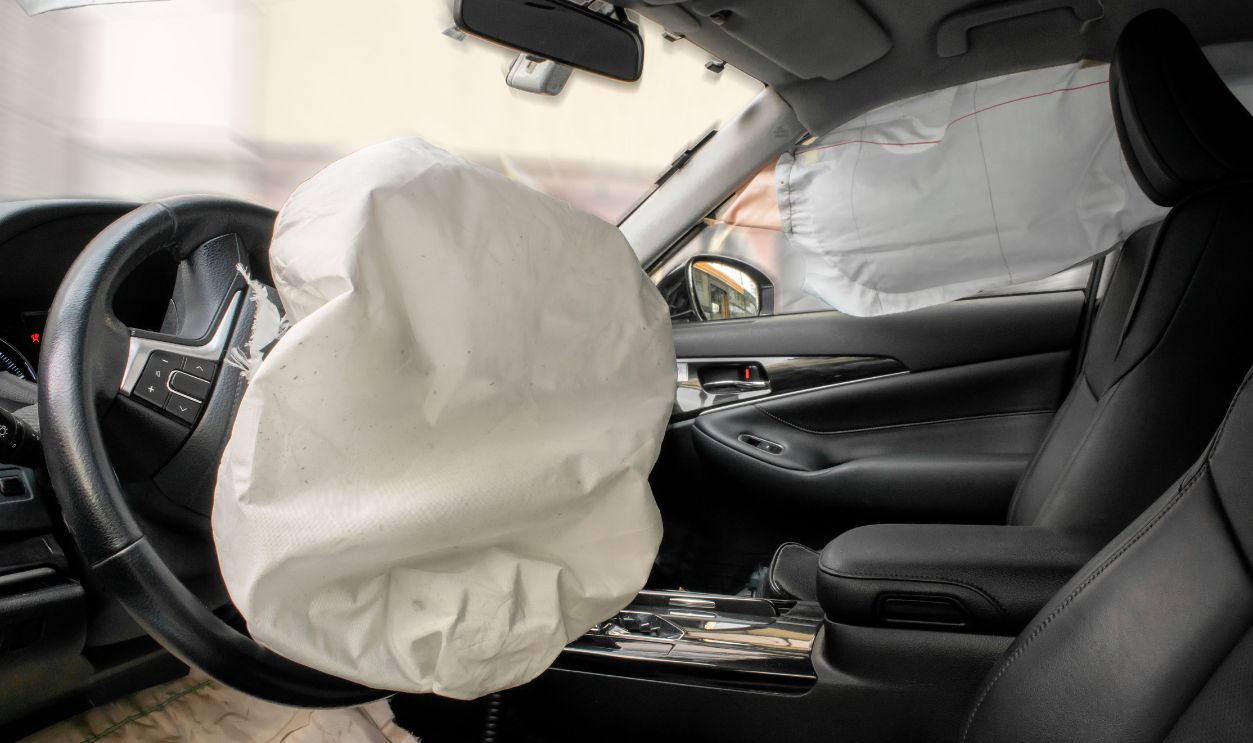
40. Safe Enough For The Roads?
Can your aged car steer carefully and safely through snowy, steep, or poorly paved roads? Remember, accidents cost you, too, in the form of medical bills, car repairs, or, worse, costly lawsuits.

41. Safety Features Of New Cars
New cars have many technologically advanced safety features that old cars don't have. Here are a few that'd make you rethink driving your old car: blind spot detection, forward collision warning, adaptive cruise control, and lane-keeping assistance.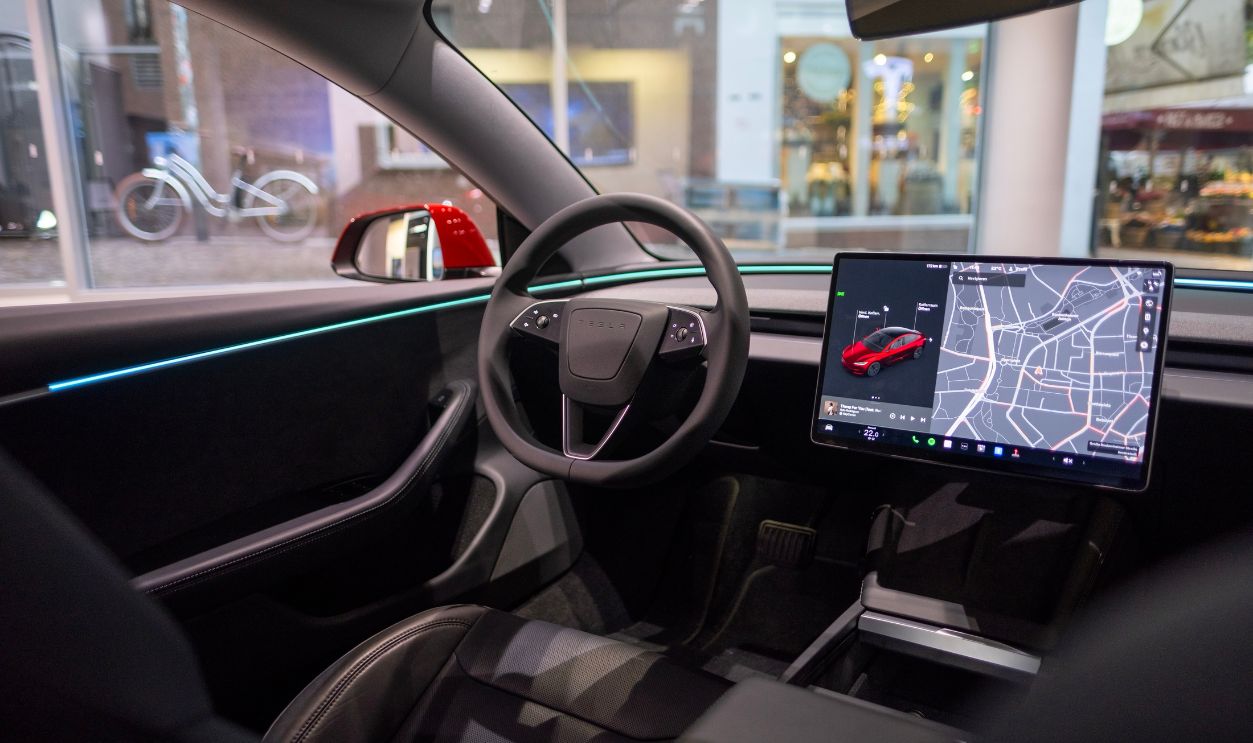
42. Value For Repair Money
One can swing some meager cash toward minor repairs, but only up to a point. Repeated repairs or costly fixings may require emptying one's savings account. In both cases, one must assess the gains in keeping one's 10-year-old car.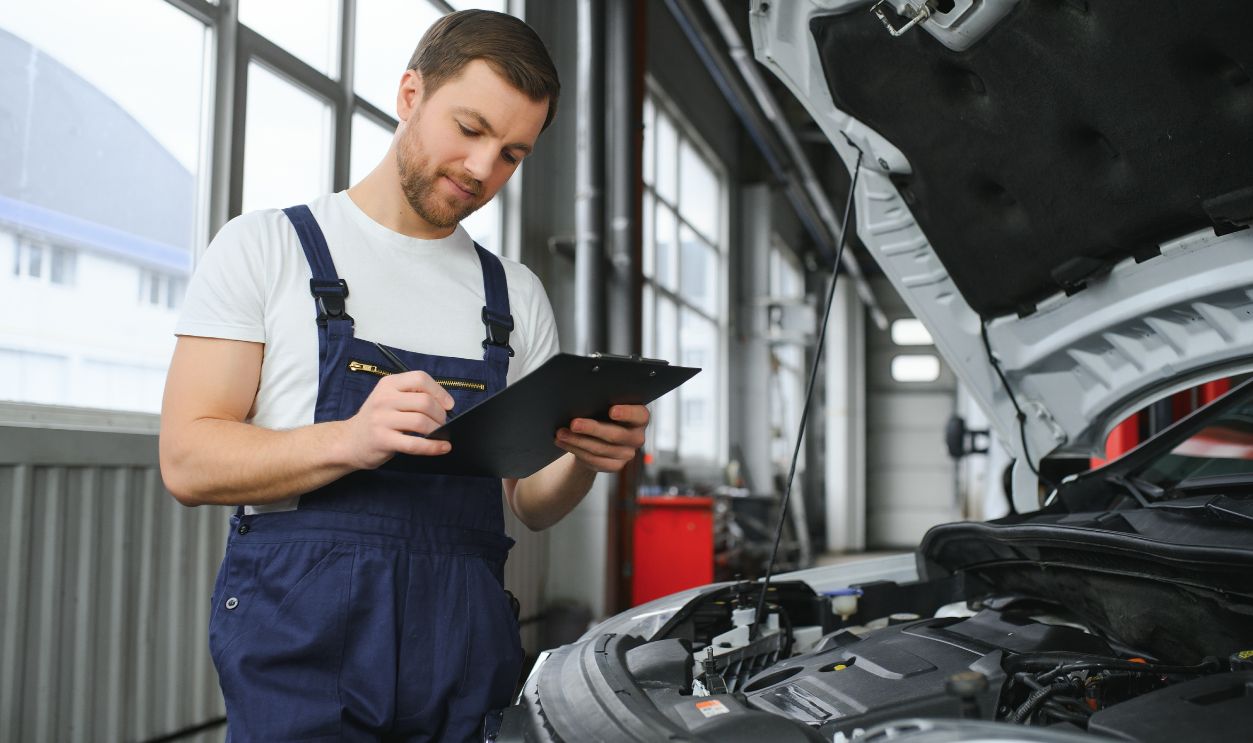
43. Lower Resale Value
After giving you ten solid years of service, your car might not be worth much in cash. A vehicle's resale value decreases considerably post the ten-year mark. You can save much more than the resale price by not buying a new one.
44. A Tough Call
Your car performs an essential service. But you must see how affordable and beneficial that service remains after a decade. Deciding between continuing with your trustworthy ride or going for a brand-new model is always a tough call, but it is yours alone to make.


